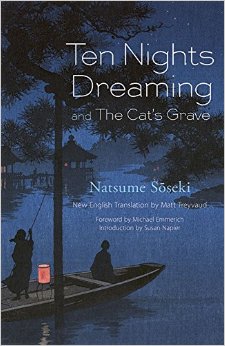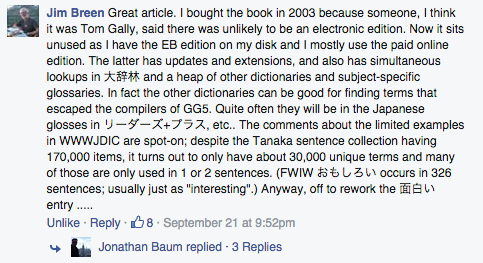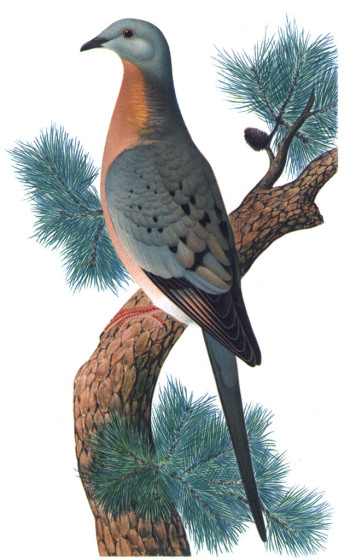
This post is belated, but I was in the Japan Times last week with an article about the kind of language used to translate Trump into Japanese: “Japanese translators forced to grab the Trump bull by the horns.”
I feel like this piece could have been stronger if I had been paying closer attention the whole way through, but unfortunately I hadn’t. I spend most of my time at work reading about politics and didn’t have the energy to do more in Japanese when I got home. So I was forced to upload as many Japanese sources as I could in a single weekend after I pitched the column to my editor.
Fortunately I’d had the insight to listen to that first NHK Radio podcast which, combined with the email, from my host mom gave me the introduction I needed to carry me through an article that makes sense, hopefully. Got some good comments, which is always nice!
A couple notes:
1. わいせつ (waisetsu, obscene/obscenity) is an interesting word that was combined not only with 発言 (hatsugen, remark) as mentioned in my article, but also 行為 (kōi, act), as Toranpu went on to be accused by several women. A quick search on Twitter for トランプ and わいせつ gives you a pretty interesting play-by-play of how it all went down. (On a side note, I really wish Twitter searches had Google-like controls, such as specifying date ranges.) Here are a few interesting tweets I came across:
https://twitter.com/search?q=トランプ%E3%80%80わいせつ&src=typd
Looking at the translation of “pussy”:
grab them by the pussy, do anything.(マンコを掴んで何でもやれ。(スターなら許される))
わいせつ発言に批判相次ぐ=トランプ氏、改めて謝罪―米共和 https://t.co/Nk64Feh3Iw #niconews
— 綾瀬 (@ayase_cts) October 9, 2016
Random Twitter punditry:
あからさまなレイシズム発言よりも、性的なスキャンダルのほうが共和党的にはダメージが大きいわけだな・・・ / “トランプ氏「不支持」共和党内で拡大 わいせつ会話問題:朝日新聞デジタル” https://t.co/RY2nuy7a1E
— 地下猫 (@tikani_nemuru_M) October 10, 2016
An alternative for ロッカールームトーク:
トランプ氏、わいせつ発言釈明=「更衣室の会話」-米大統領選討論会: https://t.co/MfzEzHmRbe
— 経済JAPAN’24 (@businessjapan24) October 10, 2016
How one website translated “totally made up nonsense”:
トランプ氏「完全なでっち上げ」=わいせつ報道を真っ向否定-米大統領選:時事ドットコム https://t.co/IcMWf1r4Fr @jijicomより
多分、仕事はできるんだけど、尊敬出来ないタイプの人間なんだろうな…私の周りにも居ます— カオニャオ🍚 (@up_village911) October 14, 2016
Japanese are amused by strange English:
笑い事じゃないんだけど、トランプの強制わいせつ行為の証言、表現がいちいち面白いよな https://t.co/RnIKduuIAK
— ultraviolet (@raurublock) October 13, 2016
2. わいせつ is also notable for being used exclusively in hiragana. This seems related to the definition of the jōyō kanji, which is connected to Japanese legal language. There’s a closer look at the kanji themselves at this link.
I knew there would be a Yahoo Chiebukuro entry related to this word, but I had no idea that it would be as epic as this page.
The questioner asks how to write ワイセツ in kanji and what it means. The best (and only) answer does provide the requested information (猥褻, vulgar/obscene), but then goes on to be kind of a dick and ask why the person couldn’t find the information on their own: これは、携帯で変換したらでてきませんか? (Couldn’t you convert [these kana] with your cell phone?) And then…これも、ググれば、辞典で出てきませんか? (If you had googled this, wouldn’t it come up in a dictionary?)
(Deep aside: Note the most excellent ググれば [If you googled] above!)
The answerer goes on to give a lengthy supplement about what exactly consists of a わいせつ act and what the punishments are under the law.
But the crowning jewel of this crazy post is the questioner’s follow up:

Translation: “My reply is late. I’m sorry. I’d gotten wrapped up in the categories for figurines. Thank you.”
Translation implication: This guy was trying to categorize his anime figures, wanted to know how to write “obscene” in kanji so he could properly categorize his dirty figures, gave up when he realized it was a difficult task, and opted to crowdsource on Yahoo?
The world may never know.



